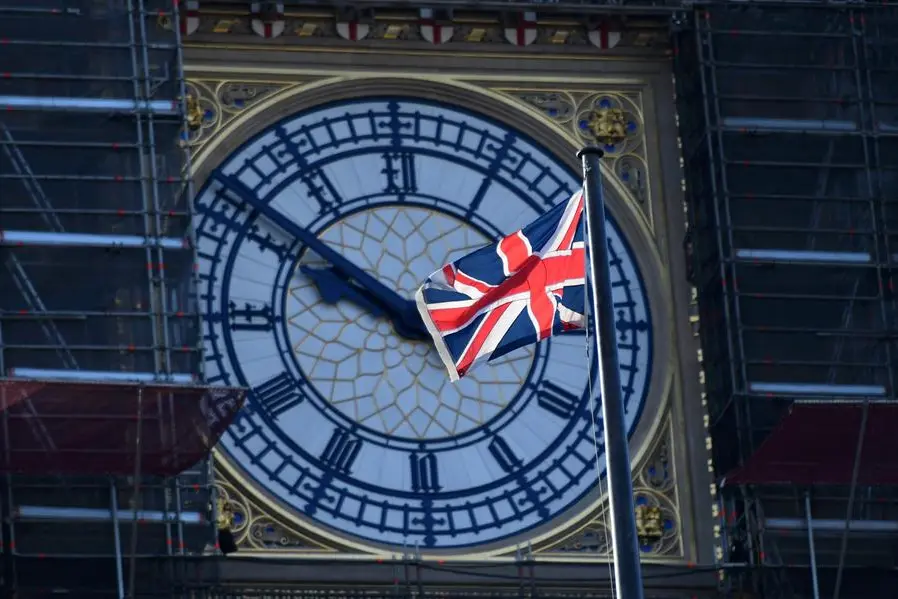PHOTO
Preparations for a possible no-deal Brexit contributed to the UK's lack of readiness for a global pandemic, a public inquiry into the government's handling of Covid-19 concluded on Thursday.
In the first of a series of reports on the UK's response to the global health emergency, the chair of the inquiry, retired senior judge Heather Hallett, laid out a string of damning criticisms.
Her 217-page report found that UK officials had been too focused on a flu outbreak, leading it to prepare "for the wrong pandemic".
The bodies responsible for emergency planning were "labyrinthine in their complexity", advice to government was often "undermined by 'groupthink'", and advisers were not given enough freedom to "express dissenting views", it added.
Witnesses told the inquiry "that a number of workstreams for pandemic preparedness were also paused due to reallocations of resources to Operation Yellowhammer" -- the government's contingency plan to prepare for it crashing out of the European Union without an agreement.
Other factors in the UK's lack of readiness included a lack of parliamentary scrutiny and bureaucracy with a failure to "identify and accurately describe the underlying problems, compounded by the use of jargon and euphemism to disguise... tasks that had not been completed", it said.
The UK suffered one of the worst Covid-19 death tolls in Europe, with criticism levelled at the government of Conservative prime minister Boris Johnson that it failed to take the threat seriously in the early stages of the outbreak.
More than 128,500 fatalities were recorded in the UK by mid-July 2021.
Other criticism included a failure to have enough protective equipment for frontline medical staff.
Hallett called for a "major overhaul" to transform how the country prepares for civil emergencies in future.
Key recommendations included a "radical simplification" of civil emergency preparedness, a UK-wide pandemic response exercise at least every three years and the creation of a single body to oversee the whole system.
The inquiry hearings were held in London in June and July 2023.
Witnesses included politicians including Johnson and former health minister Matt Hancock, scientists, civil servants and relatives of some of those who died.





















